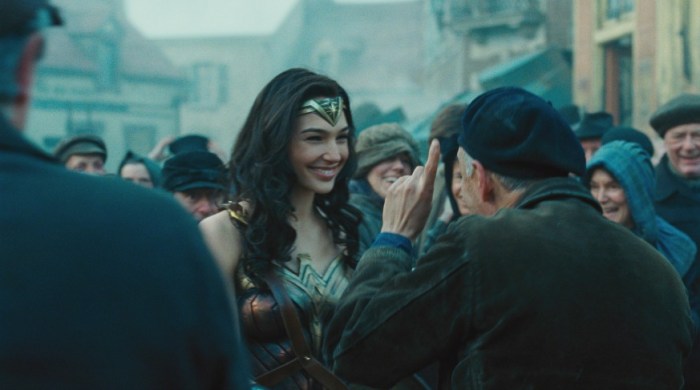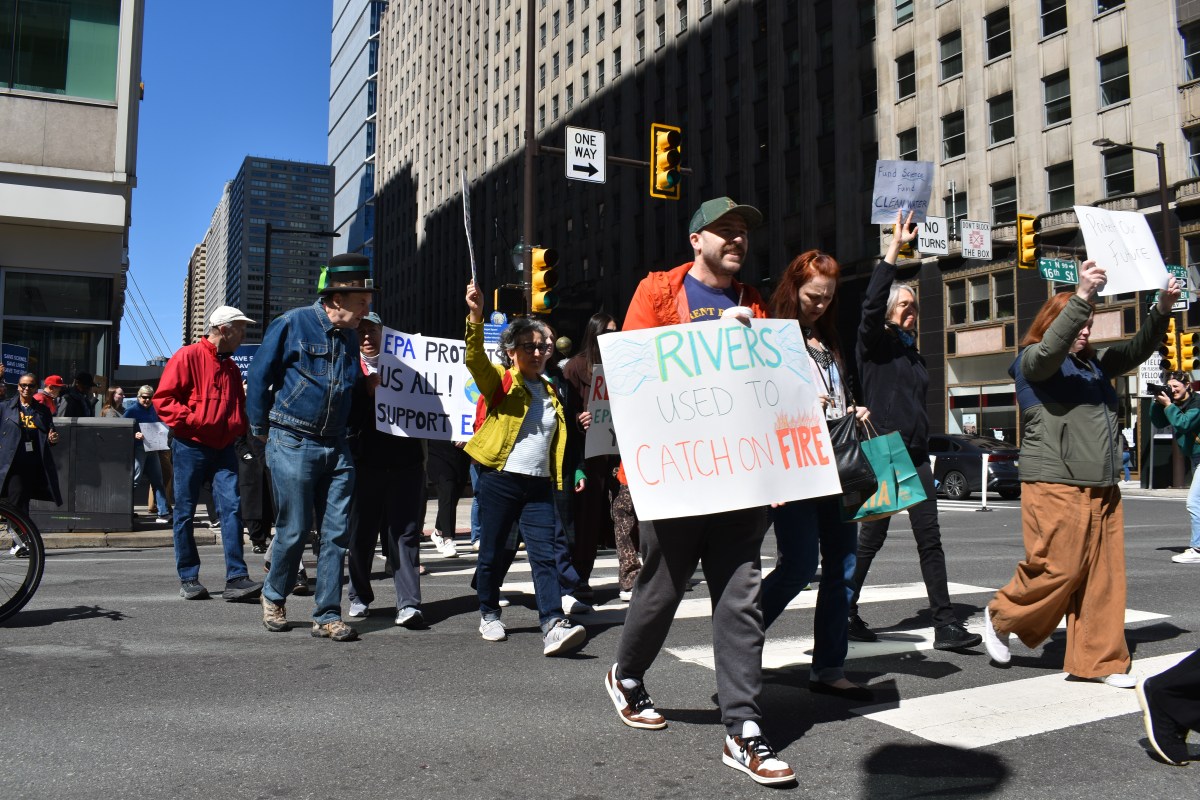‘Baby Driver’
For those of us suffering from franchise fatigue, this has been a great summer. New Cinematic Universes (“King Arthur,” “The Mummy”) died on the vine (at least in America). Old ones (“Pirates,” “Cars,” even “Transformers”) underperformed (again, at least in America — everywhere else, China especially, still loves our dumb movies). That made room for an original idea: original ideas. Slipped into the franchise-heavy roster this summer was Edgar Wright’s “Baby Driver,” and it somehow connected, becoming the sleeper hit of the summer.
But that’s not why we love it. We love it because, put it simply, because it’s delightful. As movies become corporate machines, “Baby Driver” was driven mainly by its director and his eccentric passions. Every frame can be seen through Wright’s eyes; the song selections weren’t made to fill a bestselling soundtrack. But there we go again — praising it for qualities that should be basic components of any escapist fare. This is a movie that’s as renegade as it is excellent.
‘The Beguiled’
Outrage culture be damned, we prefer the original — that macho one from the star and director of “Dirty Harry” (Clint Eastwood and Don Siegel), where the women are hysterical, sex-repressed murderers. That’s no slight on Sofia Coppola’s loose (but not that loose) redo, which views it through a female lens, but doesn’t soften the blows. This is a very, very sexy movie, but its heroines aren’t saintly. Coppola paints them as white women delusionally holding onto their dying privilege as the world explodes around them.
‘Okja’
The bleakest film of the summer is also one of the most fun — a Spielbergian romp that keeps changing shape, segueing from satire to Miyazaki-esque utopia to action film to satire once again. As our young hero (Ahn Seo-hyun) tries to save her CGI super-pig from the slaughterhouse, we realize there’s no escape from the corporate hellscape that’s taken over the globe. Even when (spoiler!) the two besties are reunited back in the wilds of South Korea, they know their happiness requires ignoring the suffering of others.
‘Dunkirk’
We’re still not 100 percent sold on the time-jumping gimmick, but we are about 75 percent sold on it. Christopher Nolan’s shortest film since his first gets rid of a lot of the things we find annoying about him, even in films we like (expository dialogue, cluttered storytelling, insufficiently deep thinking). It’s not even particularly philosophical. Instead it’s all about the terror of living in the present when the present is pure chaos.
‘Landline’
It’s no “Obvious Child,” but that’s a good thing. The same team (director Gillian Robespierre, co-writer Elisabeth Holm, star Jenny Slate) try out slightly new territory this time, making an ensemble comedy that tries to be just as cool and forward-thinking about infidelity as their last was about abortion. There’s no easy response when sisters Slate and Abby Quinn discover their father (John Turturro) is cheating on their mother (Edie Falco). The discovery only highlights how scary it is to think that you might spend your entire life with the same person.
‘The Big Sick’
No, it’s not too long. The occasional redundancy is fitting for a story about waiting for a loved one to emerge from a coma: the days that suddenly turn into weeks; the time spent with strangers that evolve into deep relationships; the way near-tragedy throws a monkey wrench into an already disordered life. “The Big Sick” needs its messiness; if it was only 90 minutes instead of two hours (which isn’t even long!), it wouldn’t be as special, or as rich.
‘Dawson City: Frozen Time’
Bill Morrison doesn’t like new things. He likes old things. His most famous movie, “Decasia,” is a feature-length assortment of film clips so old they’ve mostly been devoured by time and decay and dust and the many other things that can destroy celluloid when it’s not taken care of. His latest is his most conventional yet, though not very conventional at all: It unearths old films found under an ice-skating rink in Yukon, Canada. Through it, he pieces together a forgotten history — a city symphony for a city whose fortunes have passed into the ether.
‘Alien: Covenant’
Like most franchise movies this summer, the latest “Alien” prequel crawled to a so-so sum at the box office. This is the only one that deserved much more. It’s a very personal, very eccentric project — not merely Ridley Scott returning (again!) to his breakthrough, but him crafting it into his latest philosophical blockbuster about life in a godless universe, where the only true deity is man (or, in this case, mandroid). And it will make a fine part of some grad student’s paper about “post-human cinema.”
‘Atomic Blonde’
It’s all style, practically no substance. But what style. Part “Jane Wick,” part emptyheaded John Le Carre knockoff, the latest bruiser from Team “John Wick” is skimpy on the action, but destroys when it delivers.
‘Wonder Woman’
We’re so glad this did well, which is all we’ll say.
BONUS (because it hasn’t come out yet but we’ve seen it): ‘Logan Lucky’
Welcome back, Steven Soderbergh. We hope your scheme to make good, fun movies outside of the system works. Boy, do we need more like this.

























